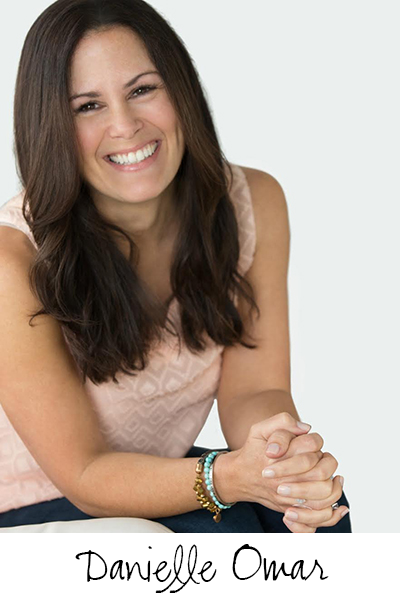 Staying on top of our bone health is important as we age, but not all calcium supplements are created equal. To help us understand how to properly include calcium in our diets, FabOverFifty recently sat down with Danielle Omar, integrative dietitian and healthy lifestyle coach. Danielle’s 21-day online program is structured to transform the way we eat after 50.
Staying on top of our bone health is important as we age, but not all calcium supplements are created equal. To help us understand how to properly include calcium in our diets, FabOverFifty recently sat down with Danielle Omar, integrative dietitian and healthy lifestyle coach. Danielle’s 21-day online program is structured to transform the way we eat after 50.
![]()
Why is it critical to supplement our diet with nutrients? What specifically do calcium and vitamin D do to support a woman’s long-term health?
Supplementation is beneficial for a woman today, even when she’s eating a clean diet or “real” foods — those that are un- or minimally processed, refined, and handled, making them as close to their natural form as possible. In this case, you might think you’re getting the nutrients you need – but that’s not always the care. Here’s why:
• First, our food supply isn’t as nutrient dense as it used to be, when people were eating foods produced locally. Critical vitamins and minerals lose their potency when produce travels long distances.
• We spend a lot more time indoors, which prevents our bodies from accessing sunlight, which is the main source of vitamin D.
• Many medications we take also can inhibit the absorption of nutrients and affect our calcium levels, including blood pressure medications, bisphosphonates, antibiotics, iron, and some seizure medications.
Calcium, which needs vitamin D for maximum absorption, is essential in maintaining optimal bone health and to help prevent osteoporosis. The calcium stores you built up don’t change after age 30. After that, it’s a challenge to maintain your bone health.
Do certain types of women need calcium and vitamin D more than others, either because of their genetics or lifestyles?
Women’s calcium needs increase with age, and when they are pregnant or nursing. They also change when a woman is very active or training for extended periods. If you’re preparing to run a marathon, for example, you may be losing calcium through your sweat.

If you’re are on a modified diet, you may need calcium that you otherwise would get from dairy, such as milk, cheese, and yogurt. Additionally, people with darker skin have a harder time absorbing vitamin D from the sun because of the pigment in their skin.

